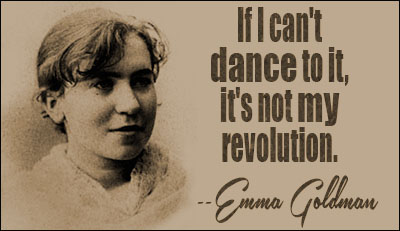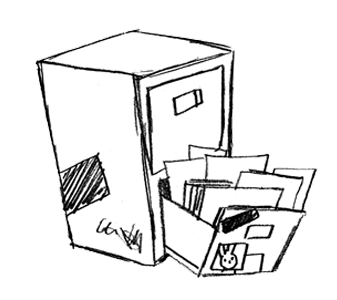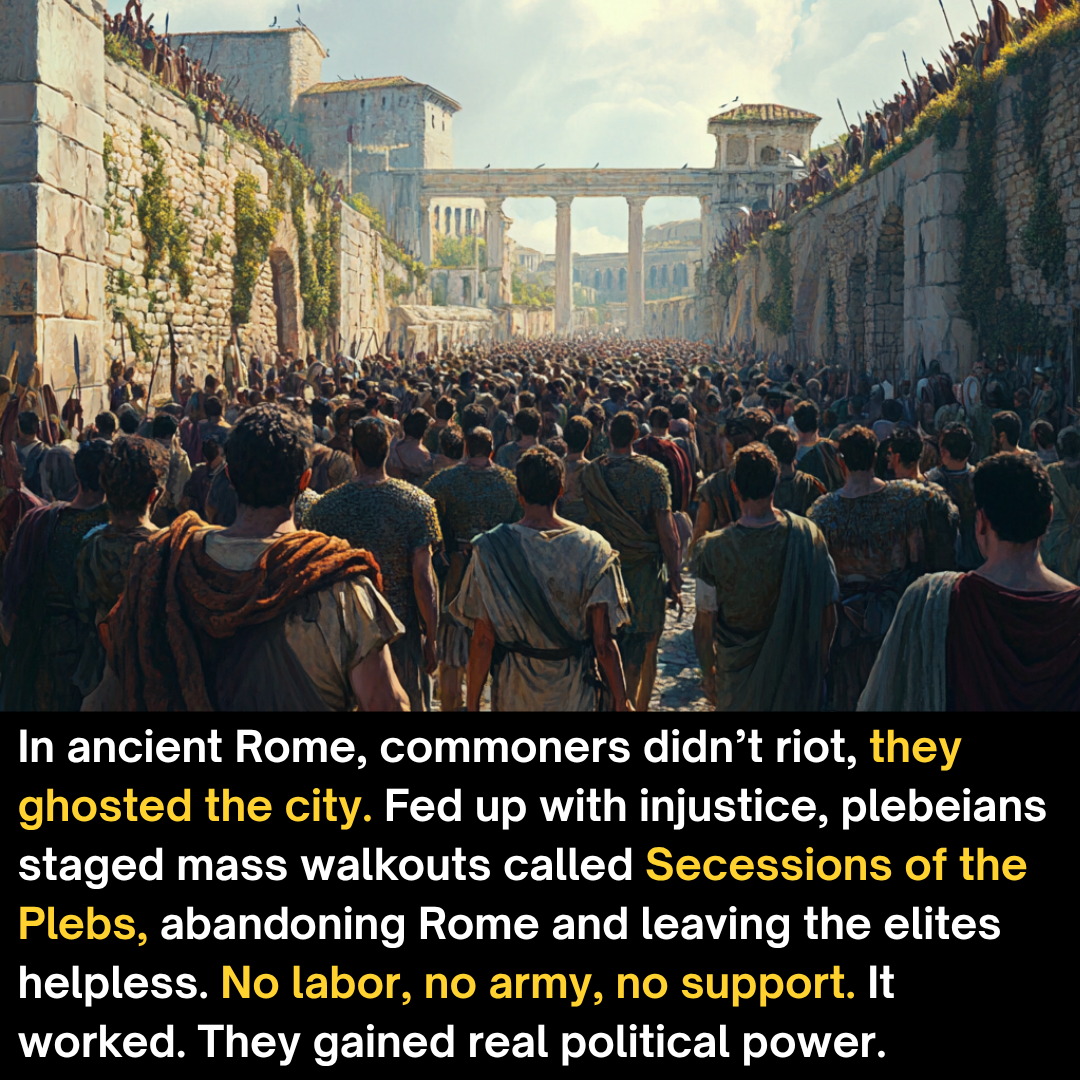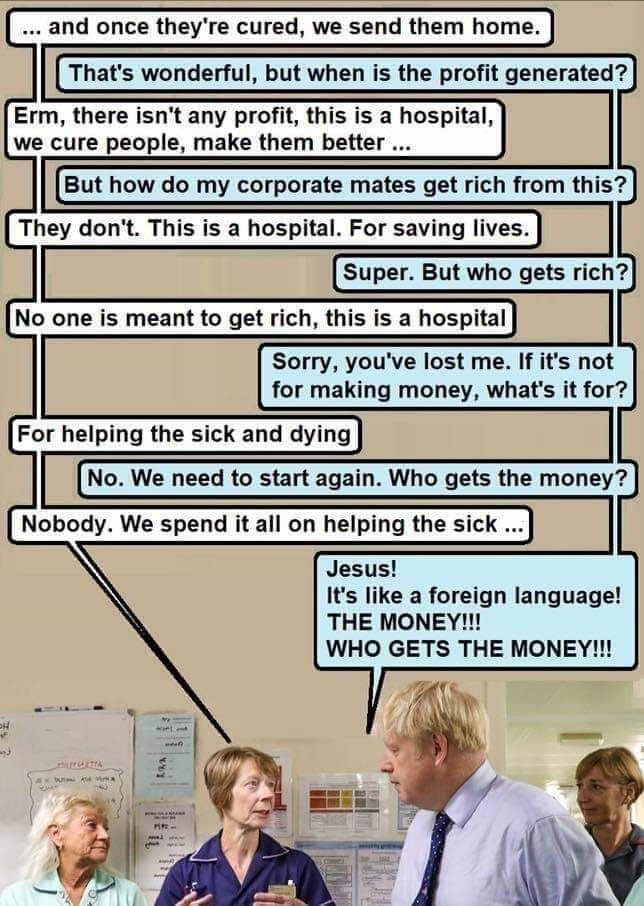It’s good to see events like #NGIFORUM2025 as it’s trying to be on the path of the #Fediverse and the wider #openweb reboot which are real forces for social good, messy, hopeful, and grounded in decades of grassroots digital culture, which we do need to support. BUT we also need to speak honestly, as these spaces are not healthy by default.
Too often, they are co-opted by #NGO and institutional actors who bring with them a dangerous kind of “common sense”, what I’ve long described as the parasite class. We see this clearly at #NGIFORUM and similar #NGO events. Despite the energy and good intentions, the dominant framing is stuck in a narrow, #neoliberal logic:
- More funding for shiny #techfixes.
- Token gestures to social issues.
- Endless discussion about scalability, compliance, branding, and “the market.”
- Panels where “on-topic” needs reality-checking and “off-topic” is often the path to sense.
This is not the #openweb native path, and what we need is more shovels and composting, to grow the real grassroots native paths, with open projects from the messy soil of lived social experience. Not more polished “innovation theatre.” And crucially: we need to bring activism back into these spaces – not as token #fashernista crap, but as lived, rooted practice. We need to embed activist tech into the core of these events, not leave it in the hallway as is the current norm.

Because let’s be honest, too much of what’s being showcased is just more #techshit to compost. Take the role of NGI funding (Next Generation Internet): It could be a powerful tool to fund the future of a people-powered web. But right now? It’s structured to reward isolated hard tech with narrow deliverables, and punish anything messy, social, or disruptive. That’s upside-down.
The development side of open-source should be anti-commercial – in its process, not necessarily in its usage. That means public funding should support the huge social layer that keeps FOSS and #openweb projects alive:
- Community organising.
- UX design from lived needs, not compliance charts.
- Onboarding and trust-building.
- Accessibility work.
- Documenting process for reuse and remix.
But currently these parts are entirely unfunded, and that is pushing us into the arms of the parasite class’s of all types. We are walking backward into the future, again, projects without people, users, and support are dead projects. No matter how elegant the codebase is.
One thing that the event brings up is that we need to shift policy, national governments and #EU to actively intervene in the monopolies running the current internet. Both mobile and fixed-line networks need to be opened up to allow for grassroots, peer-to-peer, and local hosting paths to flourish. The current centralised infrastructure is a block to the native #openweb, and we can’t “build better” on broken foundations.
The also needs to be a cultural shift, to unblock the #geekproblem. This is not a call-out – it’s a call-in. The feedback is there, i’ve personally been working on this issue for over a decade, what we’ve seen is a cycle: Working in a small way… failing in a big way… repeating.

It’s not personal, it is structural. And we can do better, if we compost the fear of doing things differently. A practical example, we need more points that are currently deemed “off-topic.”
Because what’s “on-topic” in these spaces is just branding and polite theatre. And that’s exactly how the #dotcons rose to dominance in the first place.
We are at risk of simply recreating their culture in softer tones. Let’s not do that. Let’s take a breath and reflect on what we’re actually building, it’s not a rhetorical question. This is not abstract.
Because if we keep defaulting to #neoliberal “common sense,” if we ignore the reality of climate collapse, digital authoritarianism, and infrastructure lock-in, then we’re just dancing around the edges of a very real #deathcult.
Let’s do the real work, let’s dig, plant, compost, and build trust. Let’s reclaim the tools and shape the #openweb around care, not control. Because anything less? It is just another empty panel on a sinking ship.
“All authority is quite degrading. It degrades those who exercise it, and degrades those over whom it is exercised.”
— Oscar Wilde
#Fediverse #OMN #4opens #commonsnotplatforms #mutualaid #socialroots #trustnotcontrol #KISS #NGIFORUM2025 #NGIforum #nlnet















